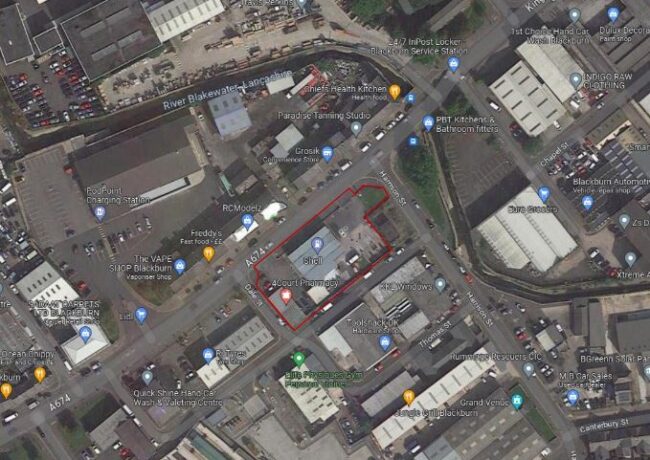RESOURCES | Land Registry Update
The Land Registry seems to be in the news a lot these days, with controversial proposals surrounding local land charges and possible privatisation, writes Bill Chandler of Hill Dickinson. The way that lawyers engage with the Land registry is also changing and it is important that in-house property teams are aware of these changes and are using them to best advantage.
This post highlights several significant recent developments from the Land Registry affecting all in-house lawyers involved with land and property, whether dealing with residential properties or complex commercial premises.
Electronic Document Registration Service (eDRS)
eDRS allows an ever-increasing range of transfers, leases and other dispositions to be registered online. Originally only available to organisations with a full ‘Network Access Agreement’, eDRS is now available through the portal. With a 50% fee discount recently introduced to encourage the use of eDRS rather than traditional paper applications, organisations that have not yet embraced eDRS should be considering it. However, you should consider how best to implement eDRS in practice and ensure that suitably robust supervision is in place where applications are to be submitted by junior or unqualified staff.
Original documents
In the vast majority of cases, original documents should no longer be sent to the Land Registry. Certified copies are now acceptable for all applications except first registrations and any original documents sent with other types of application will be destroyed – even if accompanied by a certified copy. This is, perhaps, another good reason for considering eDRS.
‘MapSearch’
Anyone with a portal account now has access to the excellent ‘MapSearch’ facility, which allows users direct (and free!) access to the Land Registry’s index map. If a guaranteed result is required then an official search of the index map should still be considered, but there will be many situations where the ability to quickly check for a title number or the extent of a registered title will be useful.
‘Property Alert’
‘Property Alert’ allows landowners to safeguard their properties from fraud by linking up to ten registered titles (recently increased from three) to their email address. The account holder will then receive notification if an official search or a substantive application is lodged affecting those titles. It took me less than five minutes to set up my account and it is something we should all be considering for our own properties. While only individuals may set up an account, they can include company-owned properties among their ten titles.
Anti-fraud restrictions
Restrictions can be registered for free to protect the most vulnerable properties from fraud. Individuals may register restrictions in Form RQ for properties they own but do not live at, whilst companies may register standard form RQ (Co) against up to three titles. In each case, the restriction prevents the registration of a disposition without a certificate from a solicitor or other professional conveyancer that they have checked the identity of the person or company making the disposition.
Further information on all these developments can be found on the Land Registry website: https://www.gov.uk/government/organisations/land-registry
This article was originally published through Place Resources



